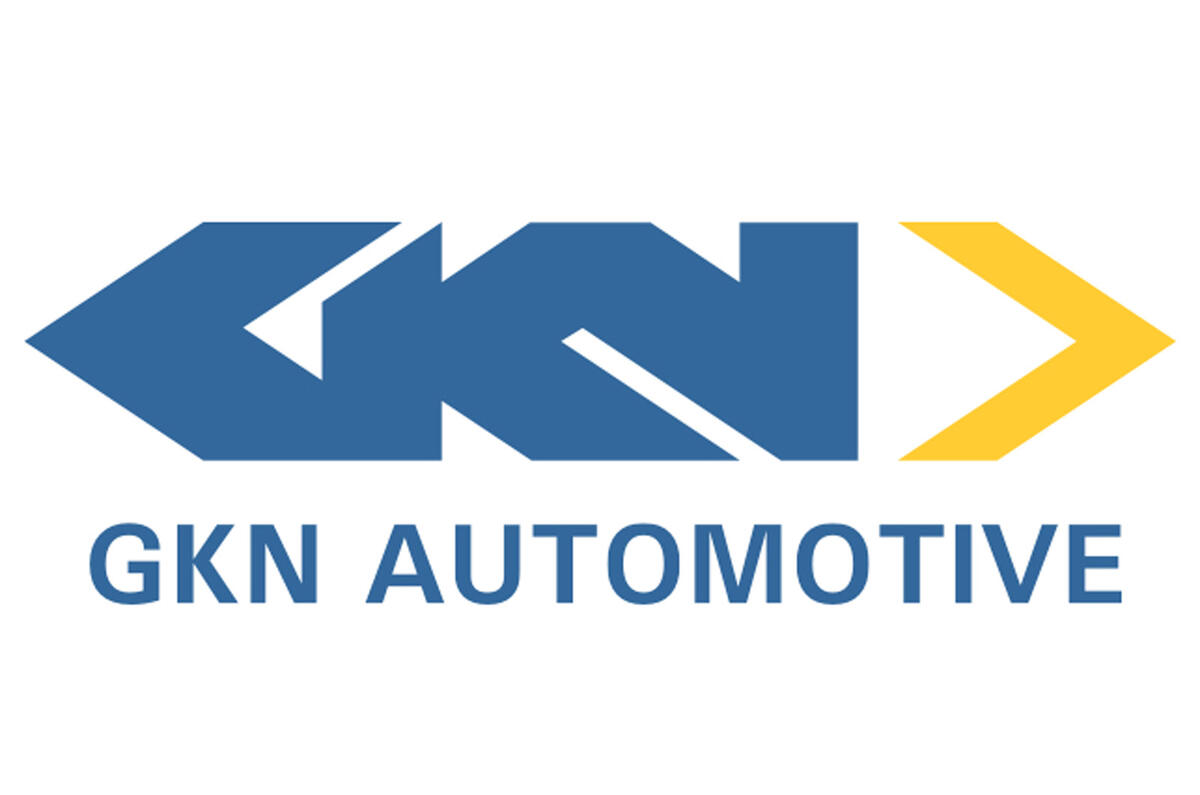Global engineering firm GKN Automotive will close its production facility in Birmingham within the next 18 months, resulting in the loss of 519 jobs.
In a letter to staff seen by Birmingham Live, company CEO Liam Butterworth said "an increasingly competitive global market means that the site is no longer viable".
He continued: "Supporting our people is our first priority as we consult on this proposal. Employees at the site are being notified today and support is being made available to them throughout this process. We will then commence a period of consultation with the union and employee representatives in the coming weeks."
The site, one of 56 GKN facilities worldwide, is used as a driveshaft assembly facility. Its closure follows the 2018 takeover of GKN by investment firm Melrose Industries for £8.1 billion.
The takeover was opposed by workers' unions and MPs on the basis that it made investment in the firm less viable, thereby reducing spending budgets and restricting its potential.
GKN had campaigned to remain independent, but shareholders agreed to sell to Melrose following five years of falling profitability and a high-profile leadership shuffle.
Operations in Birmingham will now be wound down over the course of 18 months, before being divided across GKN's other European sites. None of the company's other UK facilities are affected by the move.
Jack Dromey, Labour MP for Erdington - where the factory is located - commented on the news of the closure: "Despite all the warm words by Melrose in 2018 to protect the future prosperity of GKN and its British workforce, the cold reality three years on is that one of GKN's finest plants now faces closure. Melrose promised a bright future to GKN's employees - a promise they have now broken.
"This announcement is completely unexpected by employees at GKN. Working together with their trade union, Unite, I will be seeking an urgent meeting with the company."
GKN was formed in 1759 and has been heavily involved in the growth of Britain's aerospace and automotive industries.
READ MORE
GKN electric drive systems to power 13 new electrified models









Join the debate
Add your comment
EVs still use driveshafts, and this is a driveshaft plant , so nowt to do with EVs, its about the likely decline of UK car manufacturing volumes and the increased dificulty of transporting components to and from the UK post Brexit.
Yes,it's sad, but, couldn't they make Batteries for EV cars?
The sad reality is likely to be that the labour costs are too high and/or productivity is not high enough.